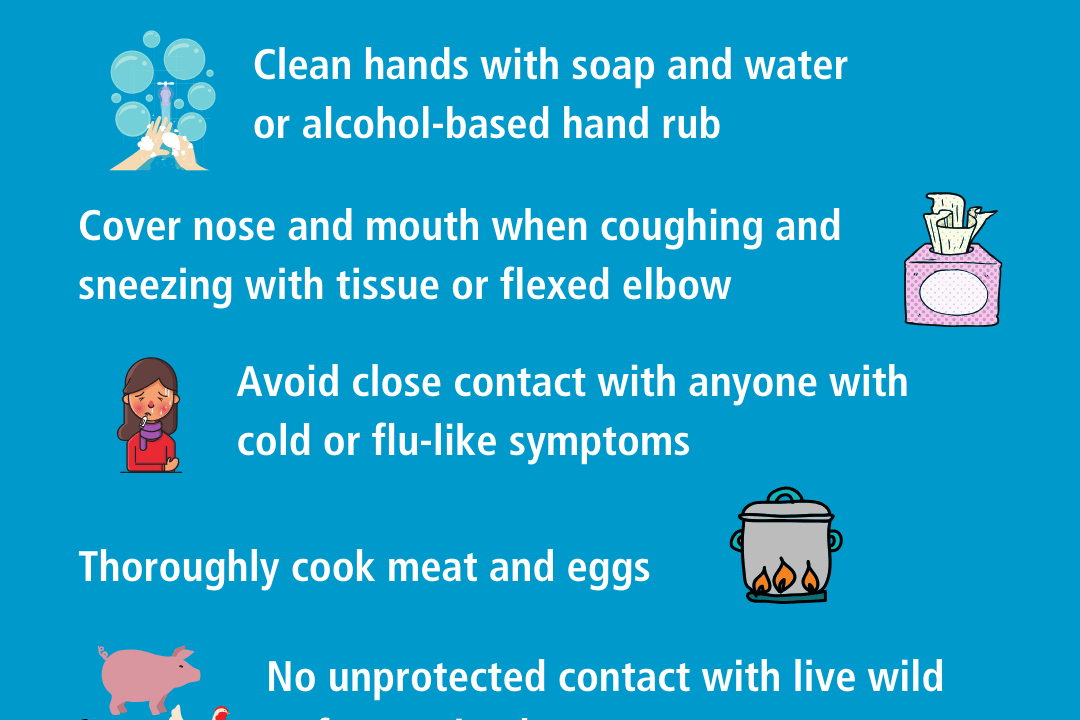First US case of a new coronavirus found in Washington state

By MultiCare Health System
A new virus causing an outbreak of pneumonia-like illness in China has now appeared in Washington state.
The virus, a coronavirus dubbed 2019-nCoV, has caused 17 deaths in China and sickened more than 500 others. Cases have appeared in Thailand, South Korea, Japan and Taiwan.
A Washington man who traveled to Wuhan, Hubei Province, China, and returned Jan. 15 sought medical attention Jan. 19 and tested positive for the virus. He’s now in isolation at a hospital in Everett.
2019-nCoV can cause respiratory symptoms such as fever, cough and difficulty breathing. More severe cases may lead to pneumonia, kidney failure and death. Adults and others with underlying health conditions or compromised immune systems may be at increased risk for severe disease from the virus.
Not much is known about how easily the virus is spread, but The World Health Organization will convene an emergency meeting Wednesday, Jan. 22, to determine whether the outbreak is a public health emergency, and what should be done to manage it.
In the meantime, officials are urging people to cover their mouths when coughing/sneezing, regularly wash their hands and thoroughly cook meat and eggs.
The virus was first discovered in December and likely spread from animal-to-human contact at a market in Wuhan, says The World Health Organization. The market has been closed since Jan. 1, 2020. Because people who live hundreds of miles from the market are becoming infected, it’s believed to be passing from human to human.
The Washington man says he did not visit the market during his trip to China.
The risk to the general public is “low,” according to the Centers for Disease Control and Prevention (CDC), but more cases are expected to be found in the United States.
With the Lunar New Year holiday — a major event in China — approaching this weekend, travel in and out of China is expected to be high. Major airports around the world are taking precautions to have passengers arriving from infected areas screened.
2019-nCoV is in the same family as SARS (severe acute respiratory syndrome) and Middle East respiratory syndrome coronavirus (MERS-CoV). Coronavirus are a large family of viruses, some of which cause illness in people while others circulate among animals.
If you are traveling to or from China:
Travelers to Wuhan, China, should avoid direct contact with sick people, as well as animals, animal markets and products that come from animals such as uncooked meat.
Those leaving the city of Wuhan, as well as several other countries and territories in the region, may need to go through a health screening.
Travelers from Wuhan to the United States may also undergo health screening, and those with symptoms will have an additional health assessment.
If you traveled to Wuhan and feel sick with fever, cough or difficulty breathing:
- Seek medical care right away, but call ahead before taking yourself to a doctor’s office or emergency room to tell them about your recent travel and symptoms
- Avoid contact with others
- Avoid traveling
- Cover your mouth and nose with a tissue or your sleeve when coughing or sneezing (don’t use your hands)
- Wash hands often with soap and water for 20 seconds or use alcohol-based hand sanitizer if soap and water are not available
If you have not travelled to any the affected regions in China, Thailand, South Korea or Japan, the likelihood that you have contracted this illness is low. However, if you are experiencing symptoms and are concerned about possible exposure, call your health care provider for guidance.
More information: https://wwwnc.cdc.gov/travel/notices/alert/novel-coronavirus-china



